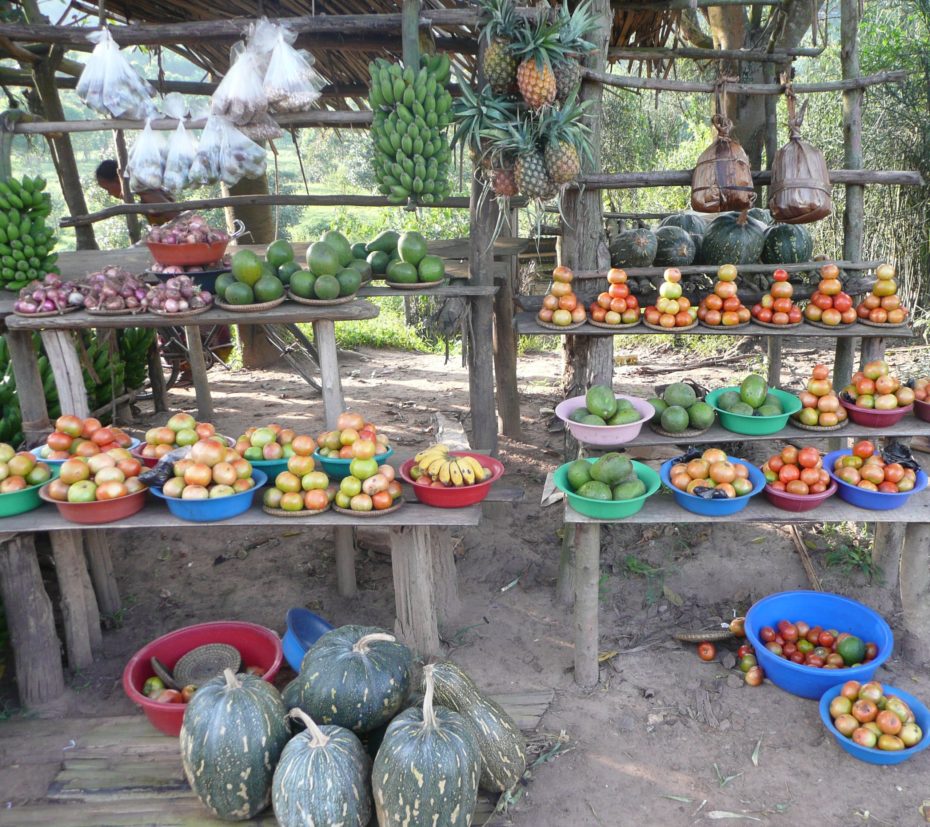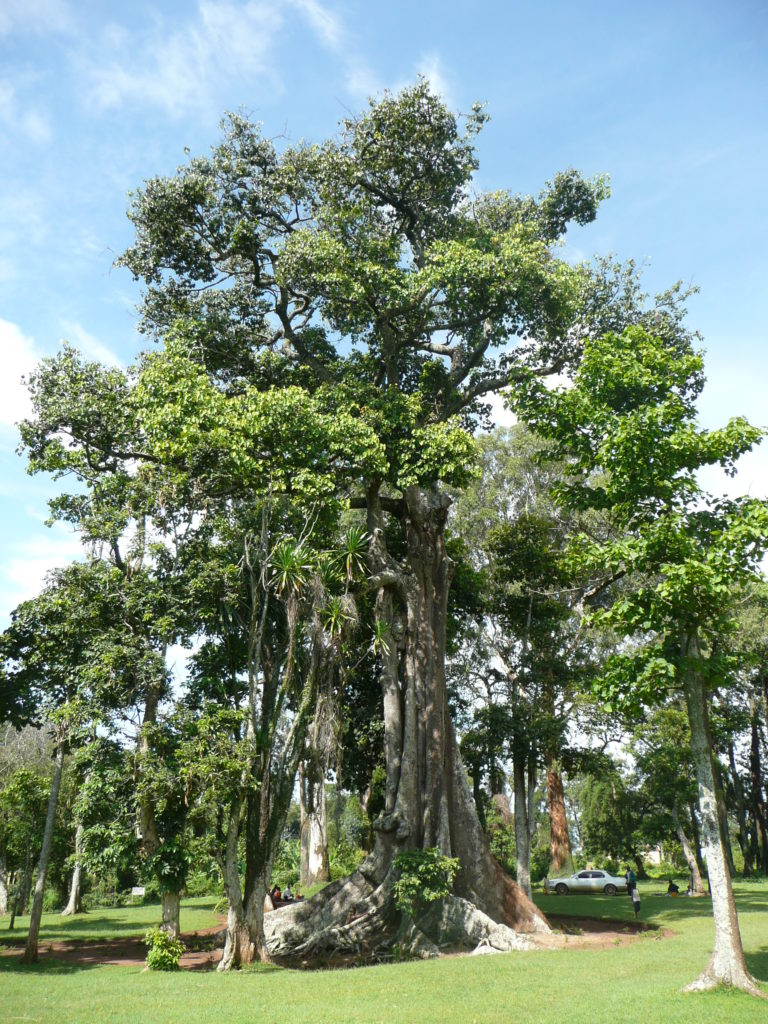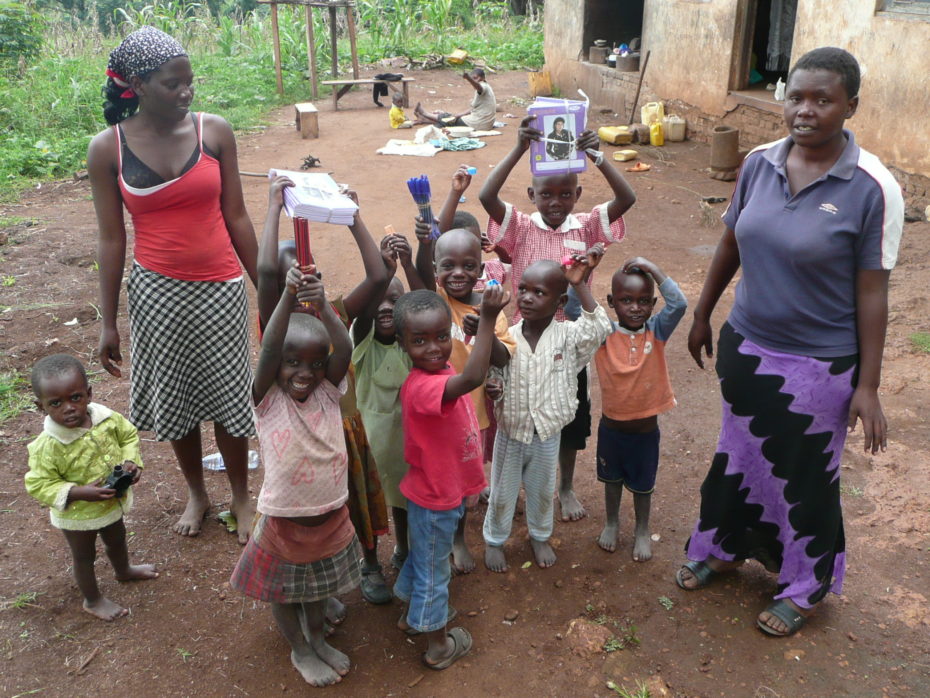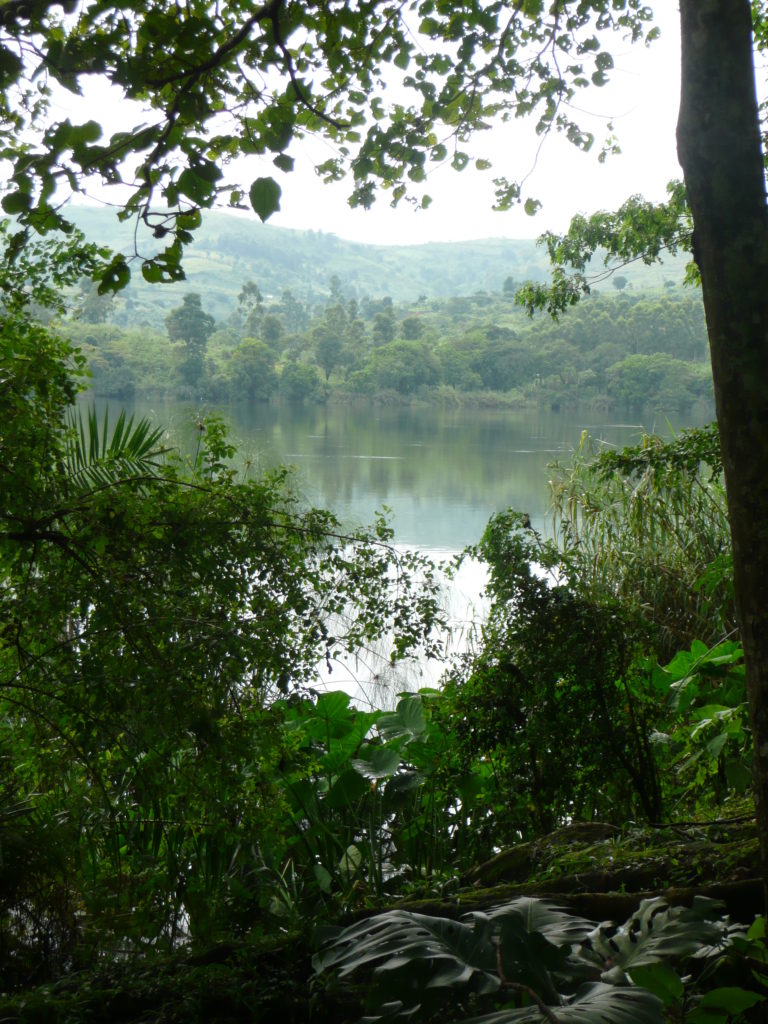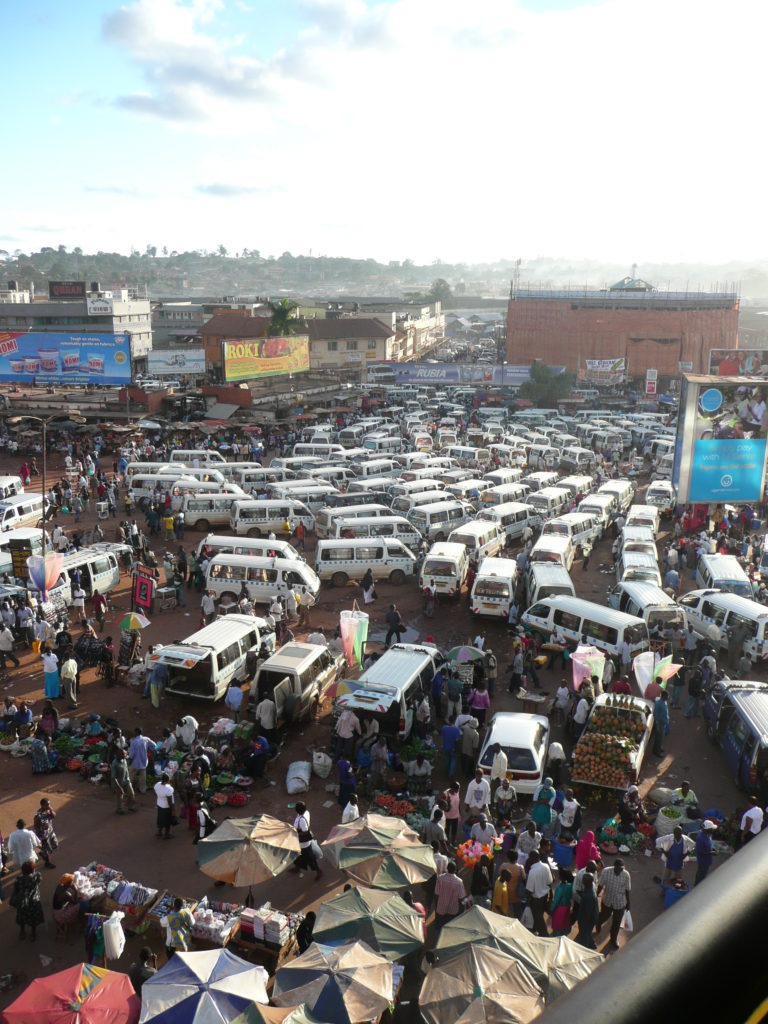If the first thing you think of at the mention of Uganda is Idi Amin and the brutality of his regime then you will be delighted to hear that Ugandans are some of the most polite, courteous and softly spoken people you could meet. With the usual exception of the driving and some regions bordering less stable states, it’s just about the safest country in Africa and its a wonder that such a society could create the horrors of Amin and Joseph Kony’s Lords Resistance Army (who incidentally, you most probably won’t want to know are still perpetuating their atrocities in that news black hole that is the Democratic Republic of Congo). In fact most are so softly spoken that old deaf gits like me are constantly asking people to repeat what they said. Quite why S.Africa is seen as such an acceptable tourist destination with its higher crime and murder rates, whilst places such as Uganda and Rwanda, which are far safer are much less popular remains a mystery.
Queen Elizabeth National Park may not be able to compete with the big game safaris of Tanzania and Kenya but it provided great wildlife viewing from the comfort of our hostel. Warthogs and mongoose snuffled and scuttled around respectively. We returned from an evening meal to find a mother and baby hippo outside our door merrily munching their way through the lawn and flower bed which some optimist had planted. The management had no need to employ anyone to mow the grass as the service was provided by a steady stream of pachyderms and ruminants. The convenience of this wildlife experience took a slight twist one night at a cafe 5 minutes from our hostel when we watched a pride of lions outside the front door, nosing around in search of an evening meal. So, it was with some trepidation that we departed for the walk home a bit later. When a park warden called after us to offer us a lift back my mouth went “if it’s no problem” as my brain went “thank christ for that!”. Reading this from your leafy suburbs the advice we were given, for when confronted by a lion, may seem largely irrelevant but I shall pass it on as it applies to most big game and you never know when you might need it.
Number 1: don’t run, it’s an open invitation to follow. Normally at this point one would add, don’t be afraid, but if you are anything like me when confronted but several hundred pounds of slavering carnivore your brain and the contents of your lower intestine will probably be thinking only of making a rapid exit. 2: walk slowly backwards, preferably avoiding a Laurel and Hardy moment falling over an inconvenient obstacle. 3: At night, wave a torch around in their direction, they will associate it with bad human stuff like fire and guns. The distance you need to be from the beast is inversely proportional to the torch’s strength, ie: with only a puny light you will have to be so close that the above note on fear will probably take precedence over rational action. 4: If in a real pickle making noise, gesticulating wildly and jumping up and down will probably scare them off, unless: they are with their young; wounded and so cannot run; or are in a foul mood after a bad day hunting impala in which case they will, in all likelihood eat you.
There cannot be many trees which merit their own Facebook page but the Nakayima Tree – http://www.facebook.com/nakayima.tree?ref=stream&filter=1 sitting atop the hill overlooking the modest town of Mubende in central Uganda is surely worthy of such an accolade. Possibly 650 years old and allegedly containing the spirit of Ndaula, a Muchweezi leader of yesteryear who had become defied as the god of smallpox, the tree was home to a sorceress who assumed the ruler’s wife’s name for which the tree is still known. As can be the way with oral histories there are some competing interpretations of the story but a priestess still maintains the religious duties at the site, which retains powerful significance for those with tribal links to it. Regular visitors pay their respects and leave offerings.
In an abandoned building close to the site I joined in an improvised English lesson given by Mary to her and her friend’s children. Obviously too poor to pay for formal education she had taken on the task herself with the barest of materials, a prime example of African’s commitment to the value of education. The very least I could do was play a brief role as guest teacher and thus returned later with a pile of writing essentials which the kids reacted to with the kind of joyous celebration that would shame our entire education system.
Much of Uganda is incredibly lush and particularly so in the fertile volcanic soils of the SW, where the walking sticks of the particularly slow and infirm have been known to take root. Hence if you own a plot of land your family is unlikely to starve, although you will need to develop a profound love of matoke, a mashed plantain stodge which forms the basis of most meals. Given that almost anything edible will grow in profusion its a pity they have not developed a more varied diet – a task perhaps for Jamie Oliver or another TV chef in search of a new idea for a series.
Lush is not a word you would use to describe downtown Kampala, the Ugandan capital, unless you were a bacterium with a penchant for exhaust fumes. The sheer chaos is however so infectious that even 3D Surround Sound Smellovision would fail to capture the feel of it. Swarms of boda bodas (moped taxis) flit through gaps between the largely stationary herds of mini-buses, excreting waste like decrepit miniature oil refineries. Any remaining space is taken by a quagmire of humanity, either with head borne loads, from fruit to mattresses or simply absorbing dust and pollution in their myriad of clothing styles. Gun toting security guards pass dusty street vendors and laughing kids leaping bollards as veiled women haggle with truculent taxi drivers. Shopkeepers bawl their megaphoned prices over a global hubbub of multi-lingual chatter; a hissing radio emits Kim Wilde’s poptastic 80’s hit, Kids in America as shops belt out Congolese Rumba; bass laden hip hop wobbles from passing 4×4’s to compete with car horns and police whistles. Odours of grilled meat vie with over ripe fruit and nameless excretions which stain the strangely, ever present mud. All this just a fleeting snapshot of one small corner of the city. And then, you turn a corner into a market and all these words might have been describing the banalities of uncle Harry’s collection of 1970’s garden implements in comparison. Everything you ever wanted and everything you will never need in a cascading jumble of sensory overload. Sublime beauty to putrefying horror nestling intimately together. No words of mine would do justice to this seething entity – use your imagination or get on a plane, you only need to know that unlike the greed and manipulation I met in Dakar, here there were only smiles and laughter. Besides, this post is long enough as it is and I want to step back into the maelstrom and soak up the chaos one more time.




